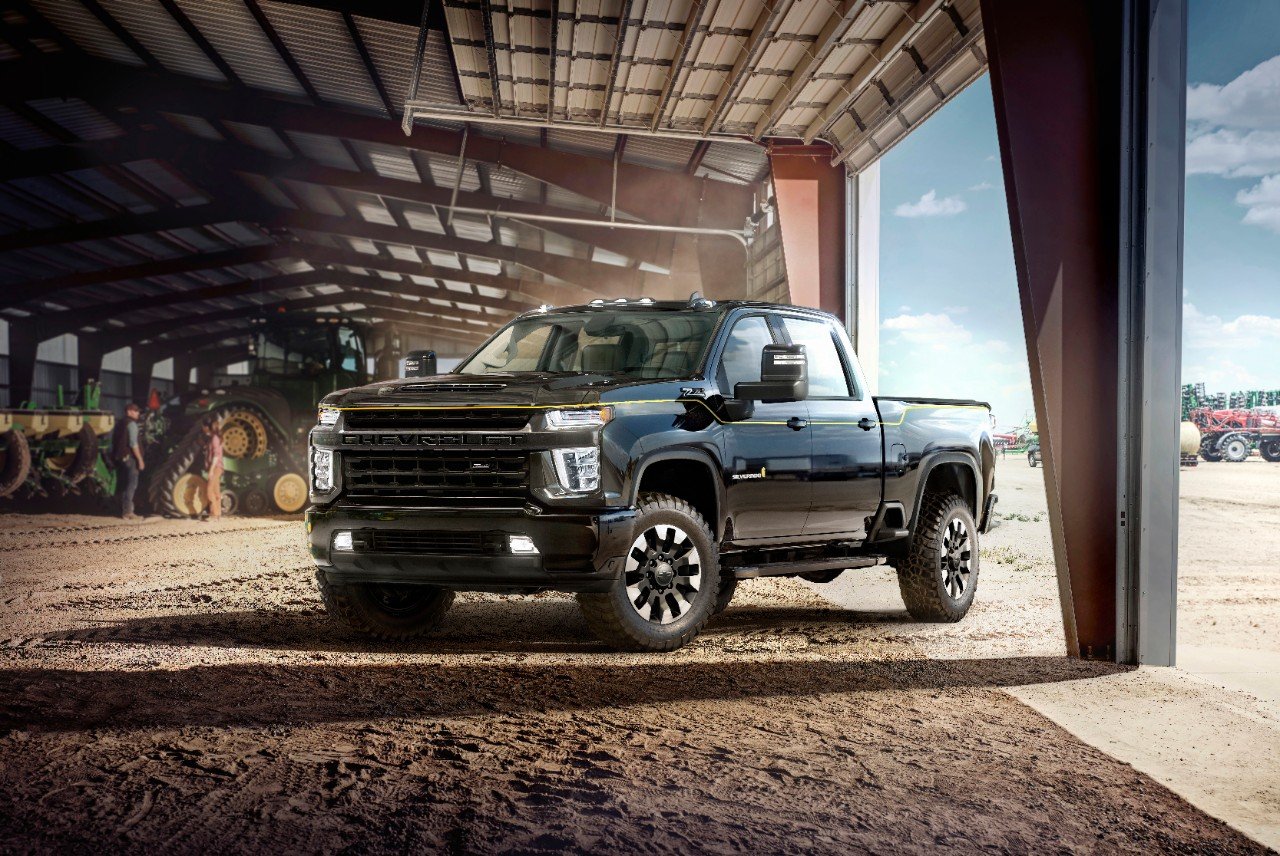I think we're past the point where it can be argued that General Motors (GM 3.44%) will ever be a big competitor with Tesla (TSLA 2.17%) in electric vehicle (EV) sales. The company has tried with the Volt and Bolt, but its products are uninspired and dealers seem to think EVs are a sideshow to their bread and butter, big trucks and SUVs.
The harsh reality is that without upending its own dealership and manufacturing model, GM may never be big in EVs. So it's looking where transportation is headed beyond personally owned EVs to automated transportation. Here, it's free to innovate outside of the constraints of its traditional business, and investors looking at this auto stock should put an increasingly important value on its autonomous-driving business: Cruise.

A Cruise Origin picking up a passenger. Image source: Cruise, a General Motors subsidiary.
A lesson from technology
One of the consistent themes in the tech industry is that companies that dominate one paradigm shift rarely dominate the next, even if they see them coming.
IBM saw PCs coming but outsourced the most valuable aspect of the technology to Microsoft and Intel. Microsoft and Intel dominated PCs, but were unable to make headway in the mobile market, despite seeing it coming even before companies like Apple (AAPL 0.11%) introduced the iPhone. Apple, on the other hand, has dominated mobile but been relatively unsuccessful in the cloud compared with Microsoft or Amazon.
Companies build a business to disrupt the status quo, and that makes it difficult to shift the business when the next shift begins. Why change everything about a business when it disrupts your highly profitable core? What's easier to do is shift direction after it's become apparent you've lost one round and leapfrog to a new one that you can build a business around.
Think about Microsoft and Apple as examples: Microsoft dominated PCs, missed in mobile, but retooled and is now a giant in cloud services. Apple was a leader in very early PCs only to lose that battle to Microsoft and Intel, so it was able to retool its entire business to focus on mobile. But that ultimately made it difficult to build a big cloud business, even though Apple was early in offering cloud services to consumers.
Companies tend to win in every other technology paradigm, and I think we may see the same thing in the auto industry.
Automakers weren't ready for EVs
The analogy for GM is its attempt to upend its lucrative SUV and truck business to focus on currently low-margin EVs. It made efforts in that direction and definitely saw the challenge coming, but it wasn't prepared to give up a huge business in order to chase after the next technology paradigm in autos, leaving a huge opening for Tesla.
GM may be missing out on EVs, but it hasn't given up on innovating its business long term. It is already retooling to use the combination of autonomous driving, ridesharing, and EVs as the future of its growth. That's why it invested in Lyft and why it bought Cruise.
The next step for Cruise isn't putting autonomous technology into passenger vehicles, it's the Origin vehicle, a self-driving, rideshare EV. Think of it like Uber or Lyft but without the driver and with a vehicle that's built with the passive passenger in mind. Four people fit comfortably in an Origin, and getting in and out is much easier than with a traditional vehicle, as you can see in the image above.
Cruise and Origin may allow GM to launch a nationwide ride-hailing platform that upends traditional transportation. The company could effectively skip EV retailing, and move straight to what it sees as the future of transportation without any direct ownership of vehicles by consumers.
GM could be a truly disruptive company in transportation
According to Navigant Research, Cruise is ahead of most competitors in autonomous driving technology, and (with its parent GM) it's ahead in manufacturing as well. If it can launch a ridesharing platform that makes vehicle ownership a thing of the past, it could disrupt GM's traditional business while building a bigger, more profitable path to the future.
Taking lessons from technology, we can see how skipping one disruptive paradigm to focus on the next can work, and that's why I think GM may be in a better position than many investors think.









